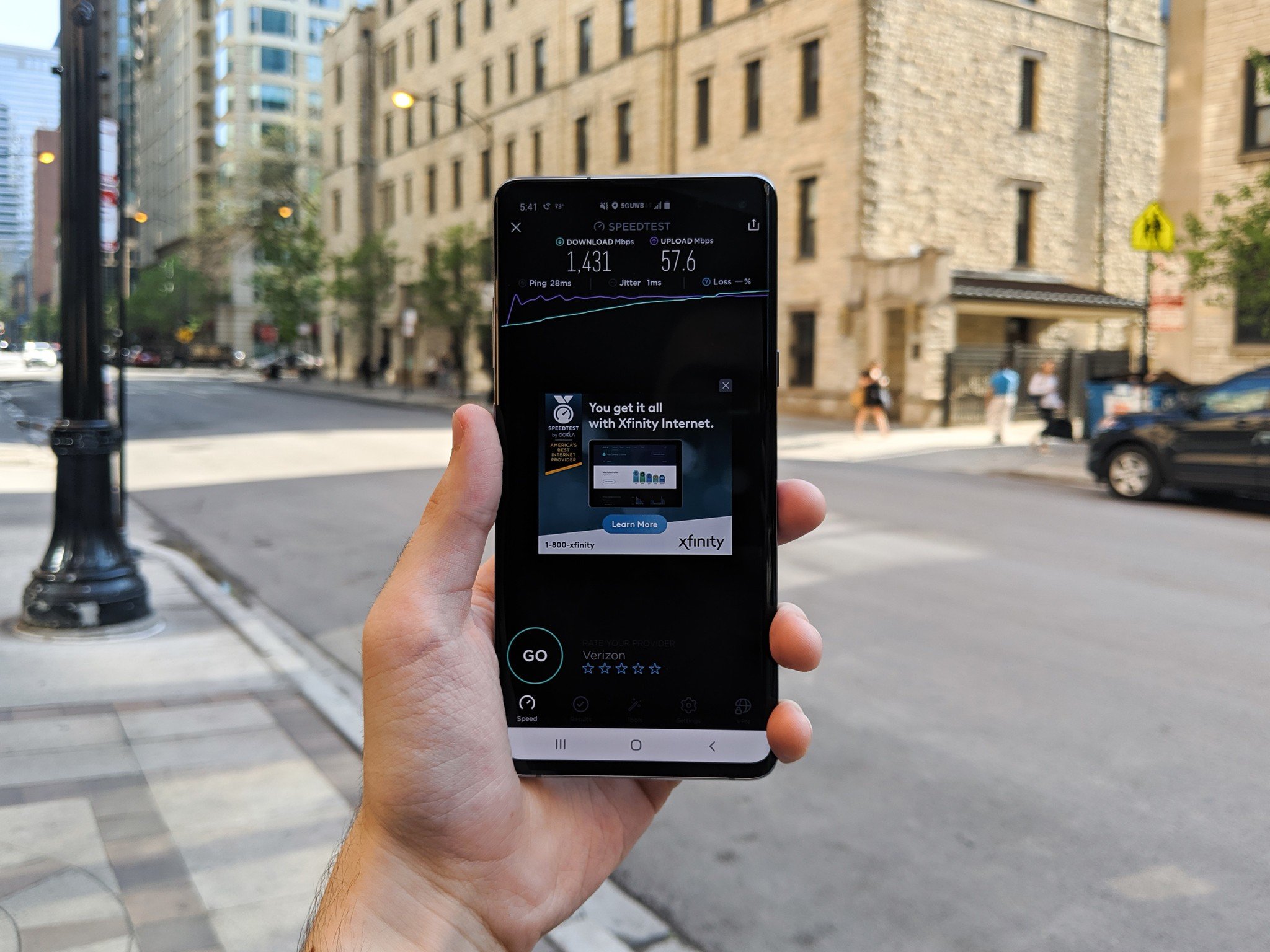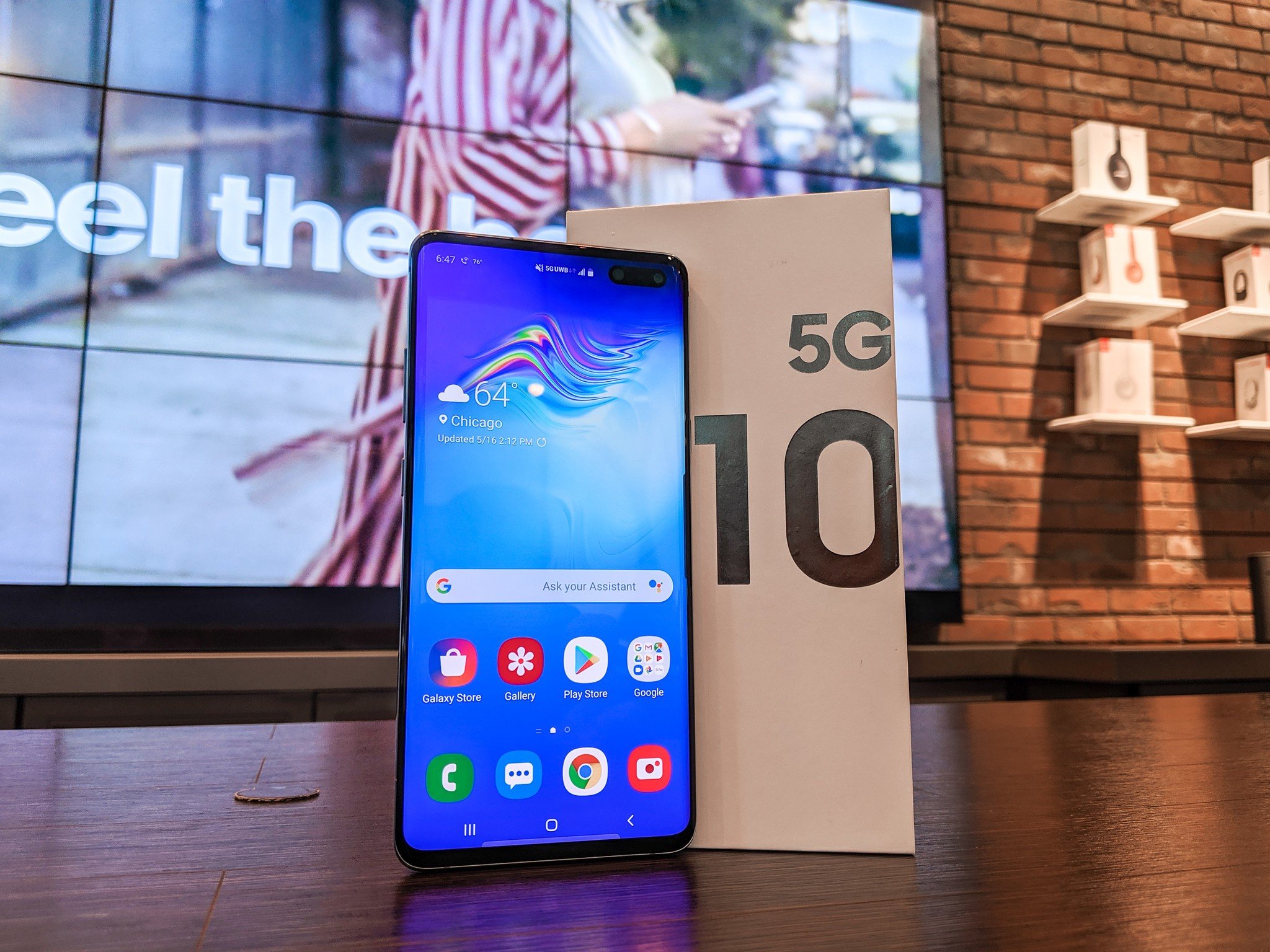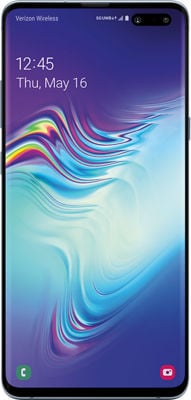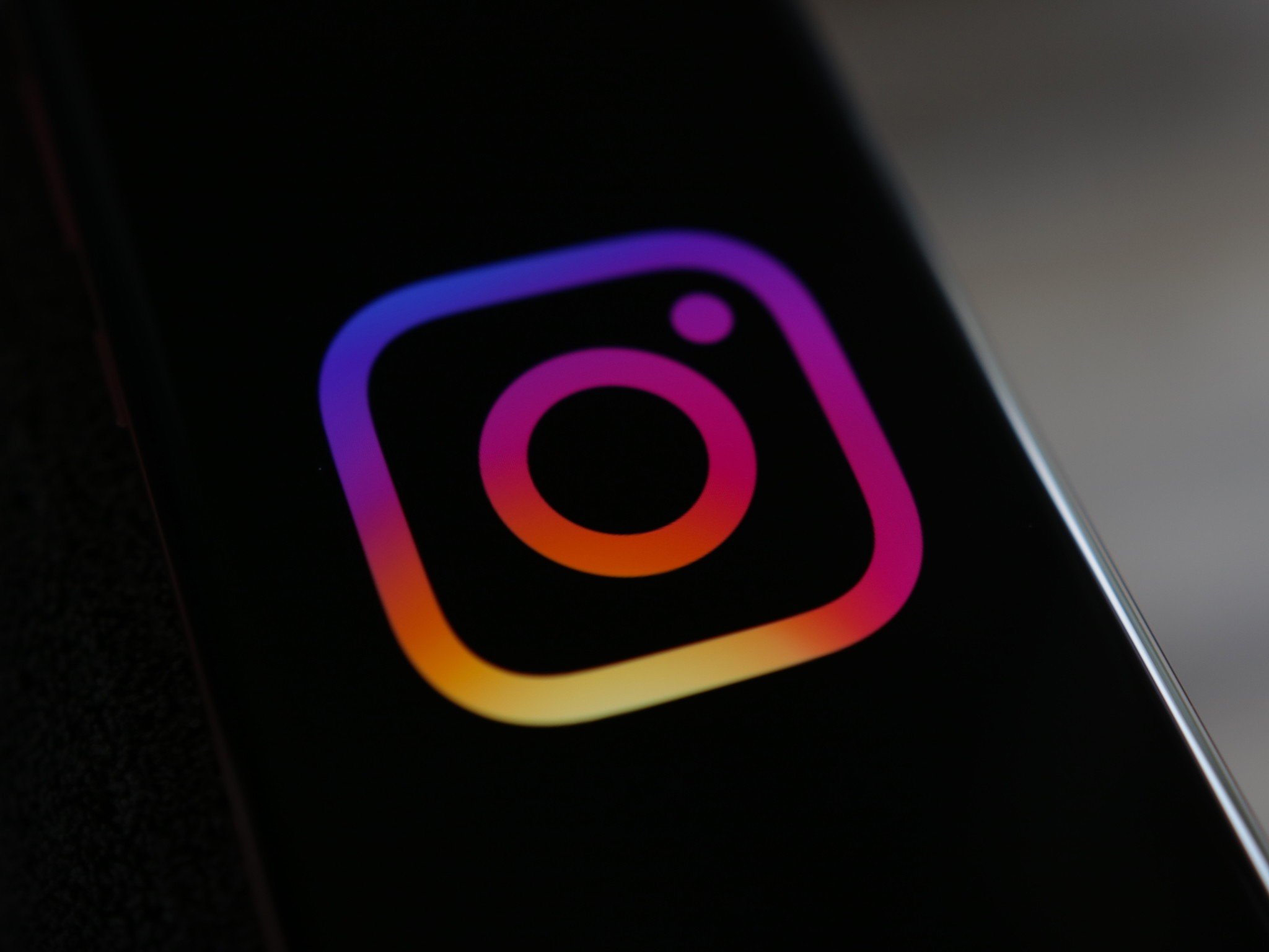Best answer: 5G is amazing technology, but it's not yet worth going out of your way to get it. The networks are small and inconsistent, and you have to choose a phone specifically to get 5G. They're expensive, and aren't the best phones available today.
- Verizon's first 5G phone: Samsung Galaxy S10 5G ($1,300 at Verizon)
- Sprint's first 5G phone: LG V50 ThinQ 5G ($1,150 at Sprint)
5G speeds are amazing, but coverage is a problem
Looking at consumer-ready 5G networks in the U.S. in 2019 is a frustrating balance of excitement and reality checks. Verizon and Sprint are the first carriers out of the gate with consumer-ready mobile 5G networks, and while the speeds are impressive the coverage maps are not.
Verizon has lofty expectations by the end of 2019, but right now has a tiny 5G footprint.
Verizon doesn't show 5G coverage areas on its regular network coverage map, and instead offers a list of neighborhoods within specific cities that should have 5G coverage. As of the end of May, that consists of parts of Chicago and Minneapolis, though Verizon also lists another 20 cities across the U.S. that are slated to get 5G coverage soon.
Verizon has made huge strides through the first half of 2019 within the cities it committed to early 5G coverage, but the situation isn't anywhere near LTE — coverage can come and go within a matter of blocks, and the fact that it isn't even committing to entire cities yet should be your best indication that it isn't ready for prime time yet.
To Sprint's credit, it just started showing its approximated 5G coverage alongside its 4G and 3G coverage on the regular Sprint network coverage map. You have to go looking for it specifically in the markets Sprint lists as having 5G already, and zoom in to an appropriate level where you can see its distinction from the swaths of 4G, but it is there and displayed just like any other network. Sprint has launched its 5G network in Atlanta, Dallas, Houston, and Kansas City, with "nationwide" claims coming as its proposed merger with T-Mobile awaits regulatory approval.
When you do have 5G, the speeds are incredible to experience.
Verizon's 5G network may be limited in its coverage, but it's improving at a dramatic rate where it is available and the network performance we're seeing is incredible. Early testing shows download speeds well over 1Gbps, and its two 5G devices now consistently connect to the 5G network at those speeds. Even as those peak speeds inevitably drop with more devices on the towers, we're still looking at dramatically faster speeds and much lower latency than LTE has ever offered even under ideal conditions.
It's easy to see the potential of these 5G networks when you experience that level of performance for yourself. It just has to be tempered by the reality that the networks just aren't large yet. So even if you're lucky enough to live in one of the very specific areas with 5G coverage, and already use that carrier, you may still be disappointed by how often you can actually get and hold a signal.
Phone selection is limited, and expensive
Most people will be willing to deal with limited coverage for a while, understanding that they'll have their 5G phone for probably two years, that they'll eventually see that network more often, and that it'll simply work like any other phone on 4G LTE. But the bigger issue with 5G smartphones right now is that the selection is extremely limited. You can't simply buy a 5G "version" of the same phone that would otherwise have LTE — there are only specific models that have 5G, and they're (understandably) expensive.
Paying $1300 to get a phone with 5G you can only use in parts of a few cities just isn't worth it.
Verizon's first 5G phone is the Galaxy S10 5G, which costs a staggering $1,300 and is effectively just a slightly larger Galaxy S10+ with a bigger battery — hardly worthy of that massive price bump over an already-expensive phone. You can also get last year's mid-range Moto Z3 for about $500 and spend another $200 on a 5G Moto Mod, which isn't an integrated experience and has massive trade-offs in size in order to get that lower price.
On Sprint, you have a single choice: the LG V50, which costs an equally eye-watering $1,150. It's a fine phone, for sure, but it doesn't bring much to the table over the LG G8 that's $300 less other than a slightly larger screen and battery — hardly worth that extra money.
Verizon and Sprint both have financing plans that somewhat lessen the cost of these first 5G phones, and are providing extra incentives for trade-ins (in the case of Verizon waiving the $10/month 5G access fee for a limited time). However, that isn't enough to truly justify spending so much on a 5G phone that you aren't likely to use on a 5G network for any appreciable amount of time within the next year, and at all other times is no better than the already-great LTE phones available today.
Verizon's first 5G phone
Samsung Galaxy S10 5G
An expensive glimpse at the future
The Galaxy S10 5G is basically just a bigger Galaxy S10+, which means it's a great phone. It's also hundreds of dollars more for no real appreciable improvements, except the ability to connect to a tiny 5G network in a handful of places. Most people will be better off just buying the S10+ instead.
Sprint's first 5G phone
LG V50 ThinQ 5G
A really tough sell
The LG V50 is an even tougher sell than the Galaxy S10 5G. Sprint's 5G network has less of a bright future than Verizon's in light of its attempted merger with T-Mobile, and the V50 itself is just not a device worthy of a $1,000+ price tag when the LG G8 (and V40) exist for hundreds less.
from Android Central - Android Forums, News, Reviews, Help and Android Wallpapers








0 comments: